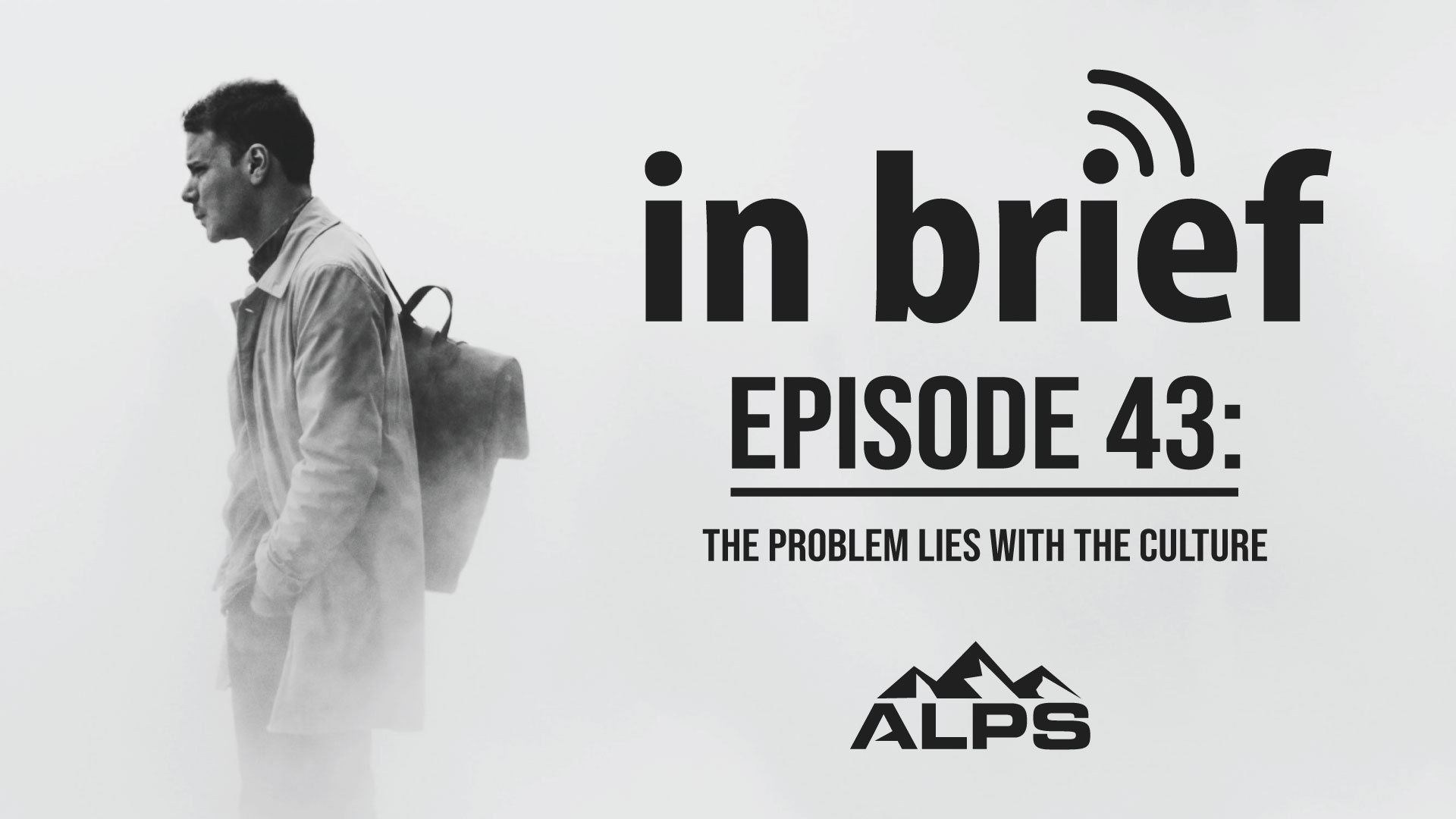7 min read
ALPS In Brief — Episode 43: The Problem Lies with the Culture
ALPS Risk Manager Mark Bassingthwaighte shares two real-world stories of attorneys struggling with behaviors that often lead to malpractice claims....
We've crafted solutions tailored to your firm
The world of insurance for law firms can be confusing, and difficult to navigate. We've created this glossary because these common insurance terms should be easy to understand.

Thoughts. Feelings. Emotions. They’re often compelling, and they’re with us all day, every day. But they are actually only visitors. Granted, sometimes very powerful visitors, but they are visitors, nonetheless. I like to think of them the way I think of rainbows — seemingly very real, but if I change my perspective, they often disappear.
More about practices that can help us change perspective a bit later in this posting but first, a poem about thoughts, feelings, and emotions — it’s called The Guest House, by Rumi, and I just love it:
This being human is a guest house:
Every morning a new arrival.
A joy, a depression, a meanness,
some momentary awareness comes
as an unexpected visitor.
Welcome and entertain them all!
Even if they’re a crowd of sorrows,
who violently sweep your house
empty of its furniture.
Still, treat each guest honorably.
He may be clearing you out
for some new delight.
The dark thought, the shame, the malice,
meet them at the door laughing,
and invite them in.
Be grateful for whoever comes,
because each has been sent
as a guide from beyond.
Artfully and simply stated, those words still resonate — more than seven centuries later. Things change. Or, as the writers of Game of Thrones would have it: “Nothing lasts”— both mindfulness and meditation are tremendous tools for reminding us of that fact. As Jon Kabat-Zinn said, “We can’t stop the waves, but we can learn to surf.”
Meditation can sometimes feel daunting, and I find it helpful to carry a reminder in my proverbial hip pocket. It is a lot like surfing — simple, but not easy! And by “surfing,” I don’t mean to suggest that meditation is an exercise in just skimming the surface of things. Far from it.
Meditation and mindfulness (the state of being that meditation helps me find) are both about turning toward thoughts, feelings, or emotions. Turning toward, not turning away. Becoming curious about whatever it is I’m experiencing and getting down in the weeds with it. The good stuff, and the bad stuff.
And you know what? If we can manage to do that — if we can accept a thought, or a feeling, or an emotion and become curious about it, it will inevitably temper itself, and in time, it will pass. I know that may sound Pollyannaish to some, but it’s true!
Find your inner Johnny Cochran voice (O.J. Simpson’s lawyer) and tell yourself, “If you resist, it will persist.” Why make a challenging situation even more challenging? The pain of events beyond our control is inevitable. But suffering — rumination about things that have already happened — is totally optional, and well within our control.
Sure, some form of action will inevitably ensue. Whether the thought, feeling, or emotion is pleasant or unpleasant, we will do something to extend the pleasure or minimize the pain. That’s what we’re hard-wired to do. But there is a big difference between reacting reflexively, and responding skillfully. Response versus reaction —there’s the rub!
Holocaust survivor and Austrian psychiatrist, Viktor Frankl, once wrote, “between stimulus and response there is a space, and in that space, we choose.” In that space, lies our ability to reflect and self-regulate. To interact more effectively with others, be they clients or co-workers, or even ourselves.
Meditation and mindfulness can help us both find and expand the space that Viktor Frankl identified. And in doing so, we can better manage our thoughts, feelings and emotions. Try it!
Jeff is a recently retired lawyer of almost 40 years and founder of The Mindful Law Coaching & Consulting Group. He is a former chair of the Chicago Bar Association (“CBA”) commercial litigation committee and the founder of the CBA Mindfulness and the Law committee. Jeff was also the initial vice-chair of the LAP-sponsored Illinois Task Force for Lawyer Well-Being, and has addressed numerous legal organizations about mindfulness and meditation for lawyers. He is also a regular meditator, trained in the Vipassana tradition.

7 min read
ALPS Risk Manager Mark Bassingthwaighte shares two real-world stories of attorneys struggling with behaviors that often lead to malpractice claims....

3 min read
Many times friends or colleagues outside of ALPS ask me, “What’s the hardest part of your job?” A lot of people assume that it’s really hard talking...

3 min read
Over the years, I have witnessed a few vigorous debates where the point of contention was whether the practice of law is a business or a profession...